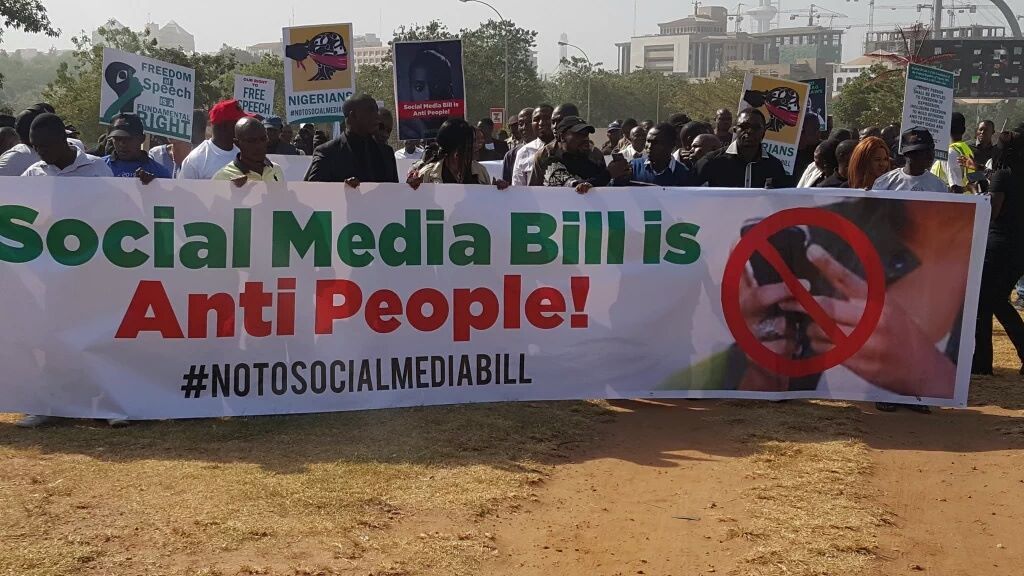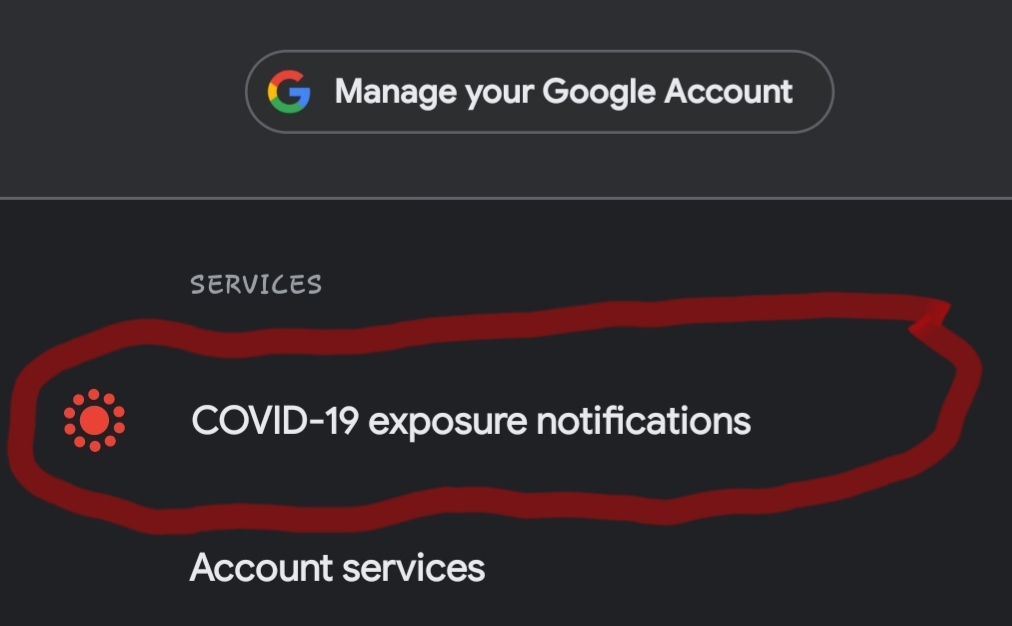In July 2018, Faith Hilary a YouTuber from Tanzania decided to stop vlogging. Known as ‘Tanzanian Vlogger’ on YouTube, Faith admits to have made some money from her videos through Google Ads.
Why then shut down a passion and revenue source?
According to a report in The Verge, whatever revenue Faith got could not cover the nearly $1,000 one-time fee her government demanded as tax for making videos on YouTube.
Faith is not alone in this predicament. As evidenced by examples, African governments are waging a seemingly systematic war that will most likely make social media and the internet a luxury.
By the second day of September 2018, 4 African countries had made proactive moves to tax social media and over-the-top (OTT) services users in their countries.
Tanzania
In March, the East African country was the first to enforce a very ambiguous regulation. Dubbed “Electronic and Postal Communications Regulations 2018”, this regulation was first proposed in 2017 and gave the Tanzania Communications Regulatory Authority (TCRA) unfettered access.
According to a document by the Collaboration on International ICT Policy in East and Southern Africa (CIPESA), this regulation “confer[s] powers upon TCRA to regulate online content, including through registration of users and platforms, and taking action against non-compliance with the obligations, such as ordering the removal of prohibited content.”
Under this new law, bloggers, vloggers and podcasters will pay a 'social media tax' of Sh2.1 million ($920) one-time fee and Sh1 million ($438) annually.
According to multiple reports, this law has, of course, chased content creators offline in Tanzania.

Be the smartest in the room
Give it a try, you can unsubscribe anytime. Privacy Policy.
Uganda
Four months later in July, Uganda caught the fever. Users in Uganda were forced to pay a daily tax of Ush200 ($0.05) to access WhatsApp,Twitter, Telegram, Snapchat, Facebook, YouTube, and other over-the-top (OTT) services.
Users were forced to use Virtual Private Networks (VPNs) to get avoid detection and paying the tax.
In a statement on his personal website defending the social media tax that ironically began with “I am using social media to share with you the reasons for the social-media tax…” Uganda's President Yoweri Museveni said,
“Social media chatting is a luxury by those who are enjoying themselves or those who are malicious.”
I have been told the newly-introduced social media and mobile money taxes have caused debate. To clarify, the tax on sending and receiving mobile money is 0.5% not 1%. For the rationale behind these taxes, read my statement here: https://t.co/SLe1UFb7P2
— Yoweri K Museveni (@KagutaMuseveni) July 4, 2018
Summarily, the president said boosting domestic revenue necessitated taxing social media and mobile money transactions. But the World Bank had earlier fingered a tax leakage that can be wholly blamed on the government as a the cause for this slump in the domestic revenue.
Informed opinions have said this is just a move by the government to quell opposition and any organised dissent.
Zambia rising
In August, the Zambian government said it will tax users 30 ngwee ($0.085) on all calls made over internet telephony services; WhatsApp, Viber, Skype.
Because according to them, “"threatens the telecommunications industry and jobs in companies”.
Benin quelled
In July 2018, the Béninoise government proposed a directive that will tax users 5 CFA francs ($0.008) on every megabyte used on Facebook, Twitter, Instagram and other social media apps. Internet calls would also be taxed 5% on original cost.
After push back, the government cancelled the tax.
Suite à la réunion entre le #prbenin #PatriceTalon, quelques Ministres, et les opérateurs GSM ce samedi 22 septembre 2018, la taxe sur les forfaits réseaux sociaux et sur internet sera annulée.
Un communiqué sera diffusé en fin de journée pour préciser les contours de la décision pic.twitter.com/howoVP51ex— Présidence du Bénin (@PresidenceBenin) September 22, 2018
This made Benin the first African country yet to actively repeal a social media tax law.
Why should you be concerned?
According to recent trends, this new virus to stifle social media in Africa is highly communicable from one country’s administration to the other. That means that if left unchecked, it is coming to a country near you in the nearest future and there will be dire consequences.
Economic regression
Everyday in Africa, thousands of internet-based businesses are born and an equally large number come online; internet and social media on the continent have become more than just a pastime.
A Ventures Africa report highlighting the impact of social media on the continent said the industry was worth $14 billion in 2014 and is expected to “contribute a minimum of $300 billion to Africa’s GDP by 2025, social media could contribute almost $230 billion to Africa’s remarkable growth by that time.”
Social media has indeed become an enabler for African business and, as studies have shown, a most likely catalyst for the continent’s economy.
In 2016, a near 8-month internet shutdown in Chad reportedly cost the economy a whopping $20.8 million.
Cameroon is another prime exemplification of the economic effects of internet shutdowns and manipulation. After 30 days, Internet Without Borders put the economic loss of the shutdown at an estimated $723,000; it will go on for 60 more days.
If it continues, this trend will single-handedly drive Africa’s economy to the ground.
What can you do?
There is a certain feeling of helplessness to this situation but citizens can act by sensitisation campaigns on and off social media.
The first step towards solving a problem is acknowledging and addressing its existence. As dire as this situation is, a surprisingly large number of Africans are unaware of social media taxes.
Babatunde Okunoye, Research Officer at Paradigm Initiative, a pan African organisation that advocates digital rights and inclusion, says ‘push-back actions’ are it.
“Protests, offline and online campaigns are the most proactive actions concerned citizens can take. Tweet, read, and talk about it.”
Benin is a good example of the power of these proactive actions.
After the tax was announced, citizens took to social media with the #Taxepamesmo hashtag.
According to an account by Internet Without Borders, “online activism by young Béninoise paid off”. And the country is enjoying the dividends.
Sewema, a Benin-based startup that offers entrepreneurs tools and education to build high growth startups, is a testament.
According to Hadjara Idriss, co-founder of Sewema, the startup took a nearly devastating blow in the 2 weeks the social media tax in Benin lasted.
“During the temporary social media tax, our traffic on the platform dropped by 70%. This had a considerable impact on the number of registrations and active users.” she says.
“Even though Sewema courses are accessible online and offline, social media platforms are still our main customer acquisition channels and our early adopters are Beninese.”
Senam Beheton is the founder of EtriLabs, the biggest startup accelerator in Benin and the house incubating Sewema.
Suggested Read: Out of Cotonou, EtriLabs’ new generation startups are building for the world
He said continuance of the tax would have meant certain death for 90% of startups in Benin.
“Social media is the main marketing conduit for these startups,” he says echoing Hadjara’s earlier assertion.
“Mobile internet is the most prominent way here to connect. If the internet is continually taxed, the crippling effect on businesses that rely on it will be devastating.”
This sadly will be the case for not just Benin, but any African country unfortunate enough to be caught in this trap.





















